In the ever-evolving landscape of healthcare management, the role of a Master of Hospital Administration (MHA) graduate has become increasingly critical.
Career Opportunities:
Various career opportunities available to MHA graduates, such as hospital administration, healthcare management, healthcare consulting, and more.
Mention the high demand for healthcare administrators and the potential for career growth.
Provide an overview of the typical MHA curriculum, including courses in healthcare management, healthcare economics, healthcare policy, and leadership.
Emphasize the practical and theoretical knowledge gained during the program.
Why Pursue an MHA:
- Benefits of pursuing an MHA degree, such as the potential for a higher salary, job security, and making a positive impact on healthcare delivery.
- Mention the increasing importance of healthcare leadership due to complex healthcare reforms and challenges.
The Master of Hospital Administration (MHA) is a specialized graduate-level degree program designed to prepare individuals for leadership roles in the healthcare industry. This program equips students with the knowledge and skills necessary to effectively manage healthcare organizations, including hospitals, clinics, and healthcare facilities.
Purpose: The primary purpose of an MHA degree is to develop professionals who can navigate the complex healthcare landscape and lead healthcare organizations towards improved patient care, efficiency, and financial sustainability.
Curriculum: MHA programs typically cover a wide range of subjects, including healthcare management, healthcare policy and economics, healthcare ethics, leadership, and strategic planning. The curriculum is designed to provide a well-rounded education in healthcare administration.
Career Opportunities: Graduates of MHA programs can pursue various career paths, including hospital administration, healthcare management, healthcare consulting, and healthcare policy analysis. These roles often involve responsibilities related to budgeting, resource allocation, staff management, and strategic decision-making.
Admission Requirements: Admission into an MHA program usually requires a bachelor's degree and may involve standardized test scores (e.g., GRE), letters of recommendation, and a statement of purpose. Requirements may vary by institution.
Industry Demand: The demand for skilled healthcare administrators is on the rise due to the growing complexity of healthcare systems and the need for effective management. MHA graduates are well-positioned to meet this demand.
In summary, an MHA degree is a valuable credential for individuals interested in pursuing leadership roles within the healthcare industry. It offers a comprehensive education in healthcare administration and opens doors to a wide range of career opportunities in healthcare management and policy.
